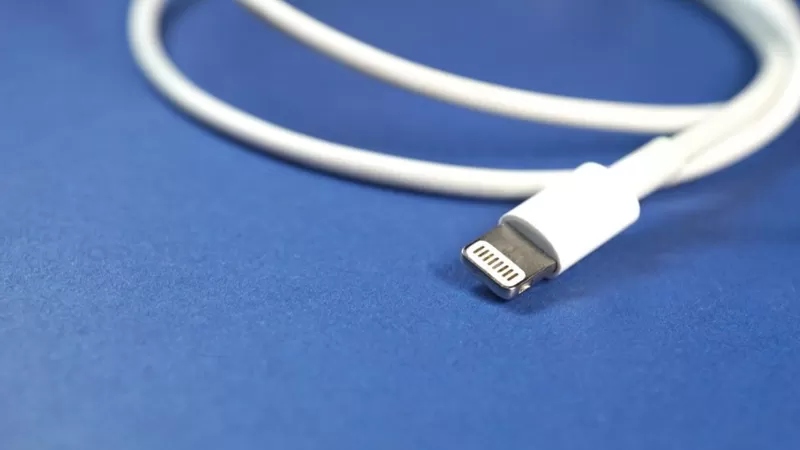The European Union sets a start date for the universal mobile phone charger…
- June 8, 2022
- 0
GETTY IMAGES The days of searching for the right cell phone charger in most of Europe are coming to an end. The European Union (EU) has agreed that
GETTY IMAGES The days of searching for the right cell phone charger in most of Europe are coming to an end. The European Union (EU) has agreed that


The days of searching for the right cell phone charger in most of Europe are coming to an end.
The European Union (EU) has agreed that by the fall of 2024 all mobile phones and other mobile devices will need to use a USB Type-C charger.
This has a special effect on Apple products.
iPhone phones and some iPad tablets will have to stop using their dedicated charging ports. And the new regulation will eventually apply to laptops as well.
Devices already in existence prior to its entry into force will be exempted from complying with this measure.
The new regulations have been adopted by the Council and the European Parliament and will need to be formally approved and published after the summer holidays.
Apple told the BBC it has not commented at this time. But in September 2021 they opposed the proposal.
Apple is the largest manufacturer that uses a special charging port called Lightning for some of its devices, such as the iPhone.

Meanwhile, Android devices mostly use USB-C and micro USB charging ports.
However, the new European standard is intended to cover all “small and medium portable electronic devices”, including mobile phones, tablets, headsets, handheld game consoles and portable speakers.
Regardless of who manufactures the devices, any of these that charge via cable must have a USB Type-C port.
Laptops will also have to abide by the decision, but they will have 40 months after manufacturers take effect to make changes.
The deal also includes a plan for customers to choose whether they want a cable to charge their new electronics at the time of purchase.
“This law is part of the European Union’s broader effort to make products in the EU more sustainable, reduce e-waste and make life easier for consumers,” the announcement said.
It will save consumers “up to 250 million euros” [US$267 millones] The EU added that it will reduce “one year” of unnecessary charger purchases and 11,000 tons of waste per year.
Apple signed a memorandum of understanding in 2009, along with 10 other major technology leaders such as Nokia and Samsung.
In it, it promised to provide consumers with compatible chargers with micro USB ports.

But the US firm took advantage of a loophole that allowed it to continue using its own charging cable if it also offered a micro USB adapter.
In 2014, the EU adopted the “Radio Equipment Directive”, which calls for “a renewed effort to develop a common charger”.
Apple has insisted that its thinnest devices cannot accommodate the new USB-C technology. According to the company, meeting the requested standard will cost US$2 billion.
And last year it chose to reject the European measure outright.
“Strict regulation that only requires some kind of binding choke instead of encouraging innovation, which will hurt consumers in Europe and around the world,” a spokesperson for the firm told the BBC last year.
An alternative could be wireless charging ports, a technology that has already been adopted by iPhones and other smartphones.
Some analysts speculate that Apple may eliminate charging ports altogether and launch iPhone and iPad models based solely on wireless charging in the future.
Source: El Nacional
Alice Smith is a seasoned journalist and writer for Div Bracket. She has a keen sense of what’s important and is always on top of the latest trends. Alice provides in-depth coverage of the most talked-about news stories, delivering insightful and thought-provoking articles that keep her readers informed and engaged.